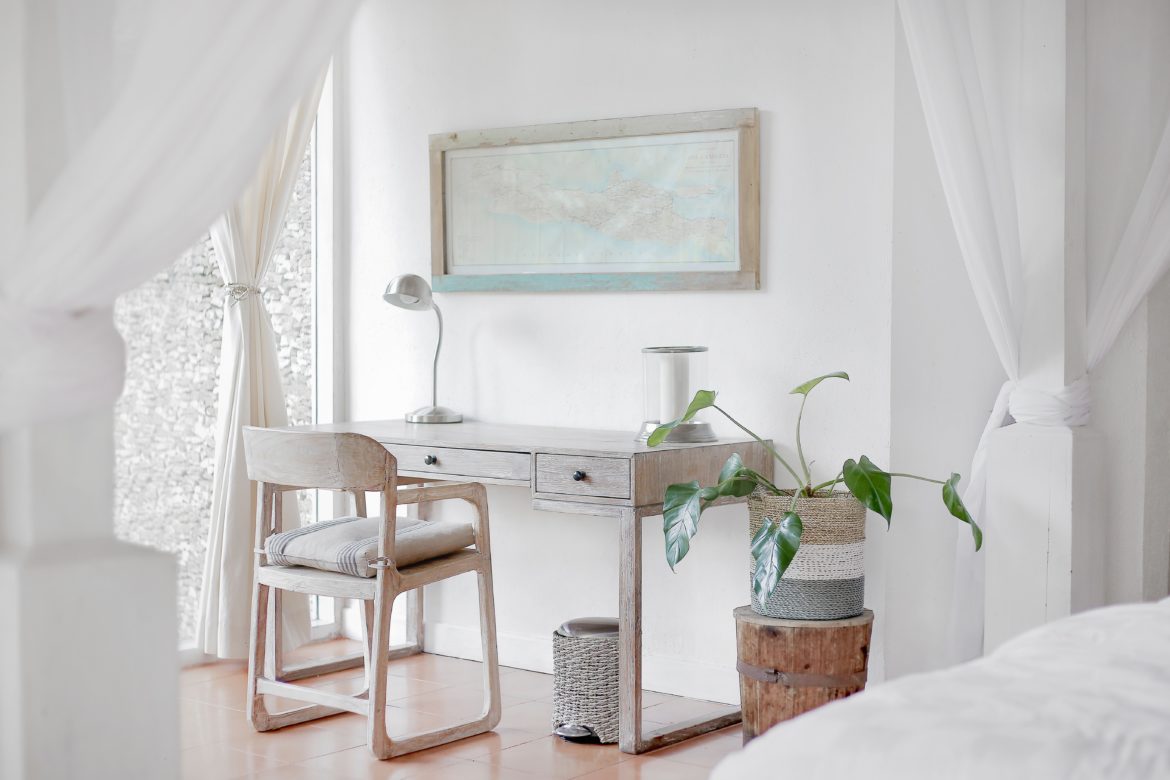As remote working becomes a necessity amidst the coronavirus pandemic, the digital meeting room will become a staple of the corporate culture. Dial-in meetings will help spare many of us from exposing ourselves unnecessarily to the risks of coronavirus, but that doesn’t mean everyone will be comfortable with conducting work over the phone.
Phone calls increase anxiety for many
Considering a lot of human communication is nonverbal, it can be daunting to enter a social interaction based solely over the phone. The psychology behind this fear is logical: people are physical creatures, communicating their emotions via simple facial expressions or body posture. The art of a conversation is based heavily on knowing whose turn it is to speak. However, when placed in a blind environment, a lifetime of education in nonverbal queues goes out of the window. In the absence of silent positive reinforcement, such as eye contact, nodding or smiling, anxiety can mount.
The benefits of exposure therapy
In order to confront the psychological reasons behind your phone anxiety, psychologists recommend simple exposure therapy or talking on the phone more to increase self-confidence. The more familiar you become with phone conversations, the less of an ordeal it will seem. Already, coronavirus is causing anxiety around the world; therefore, it is crucial to confront the psychological reasons behind your phone stress, in order to cope with the pressures of surviving during a pandemic.
Cognitive behavioural therapy and relaxation techniques
In addition to exposure therapy, cognitive behavioural therapy and relaxation techniques can be used to combat phone stress. Negative thoughts can be channelled and refocused, while deep breathing and reality-oriented solutions can alter your mindset during the call. It is, like many therapeutic solutions, a process of placing mind over matter. On a literal level, there is little difference between a phone conversation and an in-person conversation. You must condition your brain to look past the nonverbal cues that it has been taught to rely on – particularly now when your life potentially depends on it.
Above all, contextualising the call as a relatively minor event, particularly when considering the overall quarantine situation, can allow you to approach phone calls with a relaxed demeanour. It is important to remember that you are not alone. I love helping my clients make and integrate positive behavioural changes throughout their life, connecting the mind and body, and promoting self-care, self-confidence and positive thinking. Get in touch to find out how I can help you.

